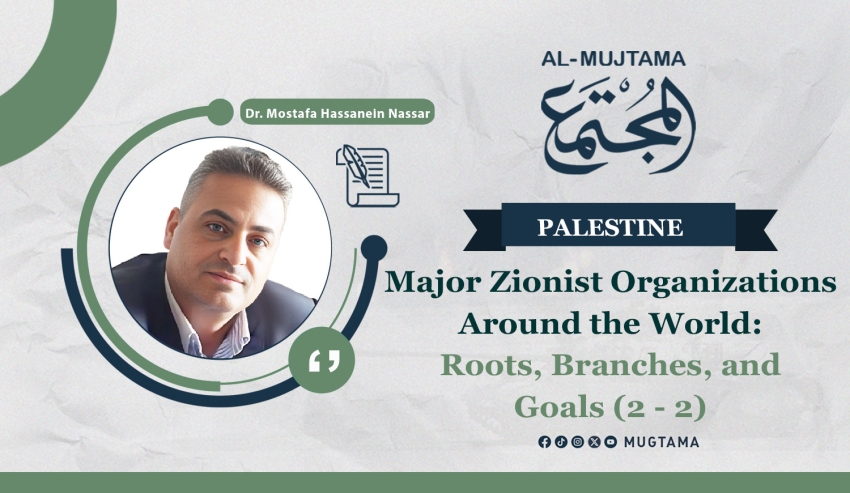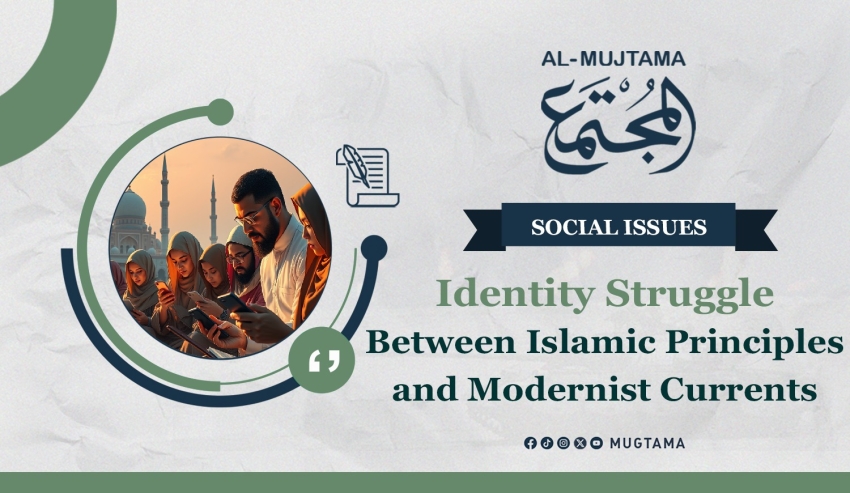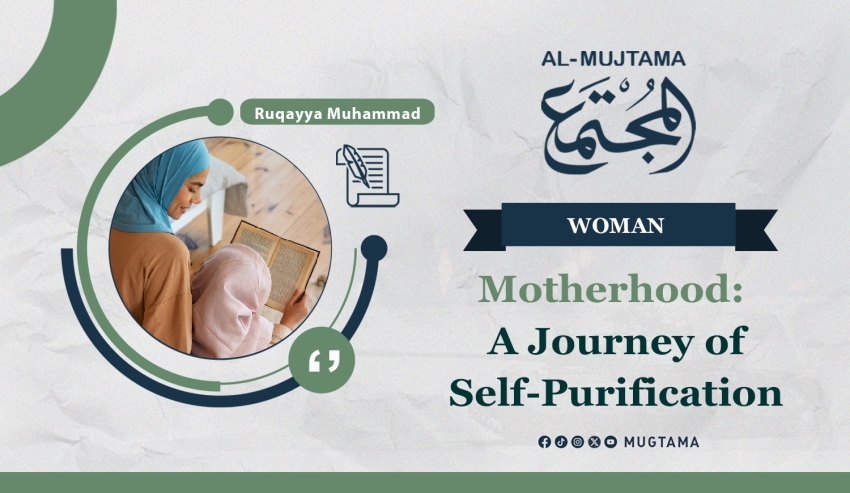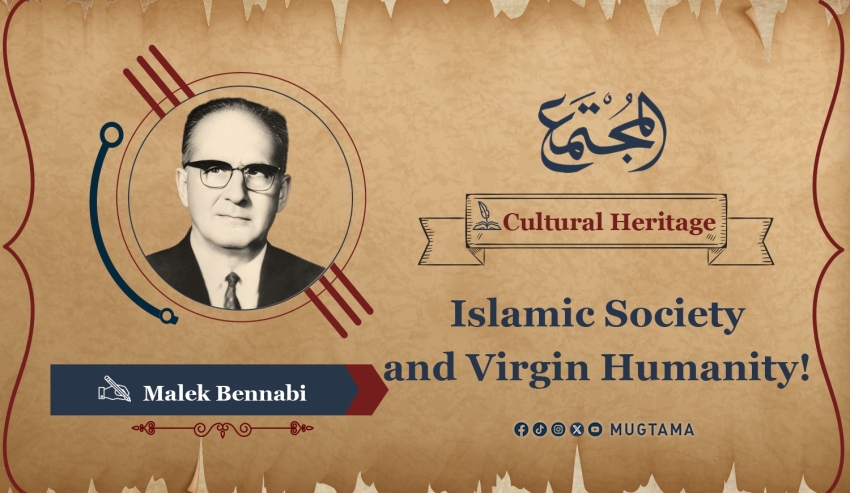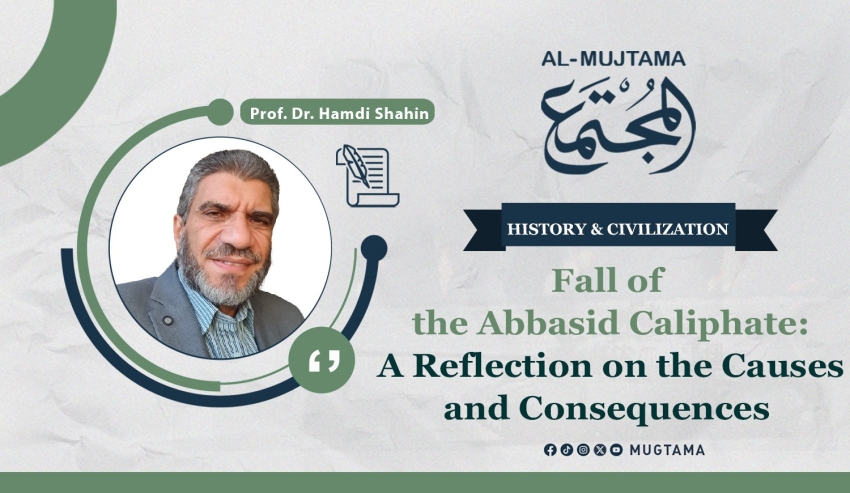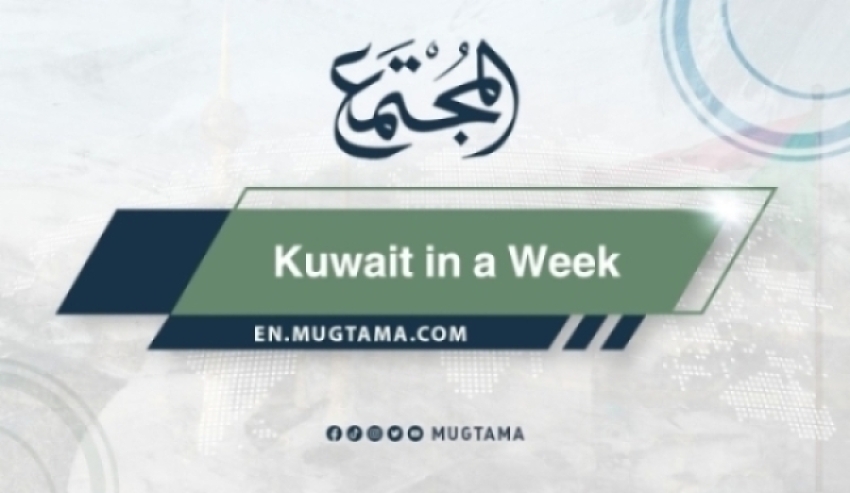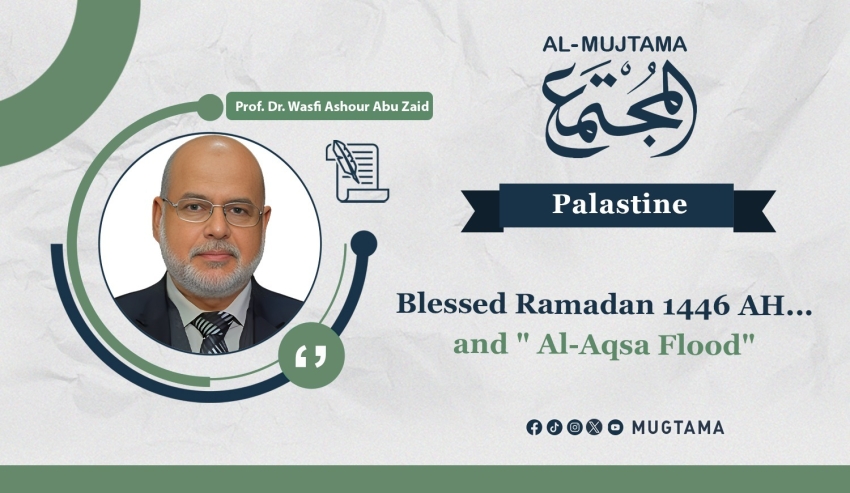The Economic System in Islam (1) Broad Liberties and Fair Restrictions Featured
Islam has formulated some rules and established certain limits with the intention of the economic life of the individual on the path of truth and justice so that the system of production and the movement of wealth as a whole can proceed according to the limits drawn for it. Islam does not devote its concern to the methods of producing wealth and the forms of its movement and distribution, for such methods develop with every age and change with the progress of civilization and culture and are automatically established according to human necessities and circumstances. But what Islam aims at is that whatever the form that human economic affairs take in different ages and circumstances, the principles that Islam spreads should occupy their eternal place in it, and all the limits that it has established must be adopted and observed.
The earth Created for mankind
Allah created the earth and all that is in it for mankind - this is what the Islamic point of view says - and therefore - the right of birth - grants every individual the right to strive to earn his livelihood from this land to which he came, and all people share in this right equally, and it is not permissible to deprive one person of this right, nor is it permissible to favor one person over another in it. Islamic law tends to not allow the erection of any obstacle in the way of an individual, race or class that would deprive some people of their right to benefit from certain means of living or close the doors of any profession in their faces. The law also does not approve of any discrimination that would enable a particular class, race, or lineage to monopolize a means of living. It is the right of all people equally to toil and seek whatever means they can of earning a living that Allah has made available to His servants on His earth, and opportunities should remain open and equal for every individual in this struggle.
The Lawgiver, Glory be to Him, has permitted people to benefit from everything in nature, provided that no effort or energy has been spent in preparing it or making it ready for use. Every individual is authorized to benefit from such things to the extent required by his needs. River and spring water, forest wood, fruits of native trees, natural grass, and fodder, air and water, animals in the thickets, and mines on the surface of the earth, all of that and what is similar to it cannot be monopolized by an individual, just as it is not permissible to place any obstacles that prevent people from meeting their needs without paying anything. However, it is natural that those who seek to benefit from these things on a large scale for trade are required to pay a tax on that to the state.
No Monopoly in Islam
It is not right to have things created by Allah for the benefit of all people come into the possession of some people and then remain as they are without benefit. Either a person benefits from them himself, or he leaves them for the benefit of others. Based on this principle, Islamic law stipulates that no one can take possession of land without cultivating it for more than three years. If he does not use it for agriculture or construction or benefit from it in any other way, then this land is treated after three years as abandoned land. Anyone who uses it is safe from being exposed to legal objections in the future, and the Islamic government has no right to hand it over to anyone else.
Anyone who takes possession of any of the treasures of nature directly and makes it suitable for use acquires the rights of ownership. If there is uncultivated land, for example, that no one owns and someone else takes possession of it and begins to exploit it for a lawful purpose, then this land cannot be taken away from him. The rights of ownership are created in this manner according to the Islamic theory. When human beings first appeared on this earth, everything was within the reach of every human being. Whoever possessed something lawfully and prepared it for use in any way became its owner, in other words, he obtained the right to use it specifically for his own benefit and the right to collect compensation from others for using it if they wished.
Natural basis of the economic affairs
This is the natural basis of economic affairs related to human beings and this basis should be preserved soundly. The rights of ownership that every individual can obtain in this world through a lawful project are rights worthy of respect in any case. However, controversy may arise regarding whether ownership in a particular case is legally sound or not. If ownership is not valid from this point of view, it must be put to an end without dispute. However, the state or its legislative authority may not go beyond that to legally valid properties, stripping their owners of them or interfering in their legitimate rights. It is not permissible for a system to be established that overthrows the rights guaranteed by the Shari’a under the pretext of working for the public good of the masses. It is unjust to reduce the limits by which the Shari’a has preserved the rights of individual ownership for the sake of the public good of the group, just as it would be unjust to increase these limits and restrictions. The Islamic state must protect the legitimate rights of individuals and monitor their performance of the obligations imposed on them by the Shari’a. - To be continued
Leave a comment
Make sure you enter all the required information, indicated by an asterisk (*). HTML code is not allowed.









